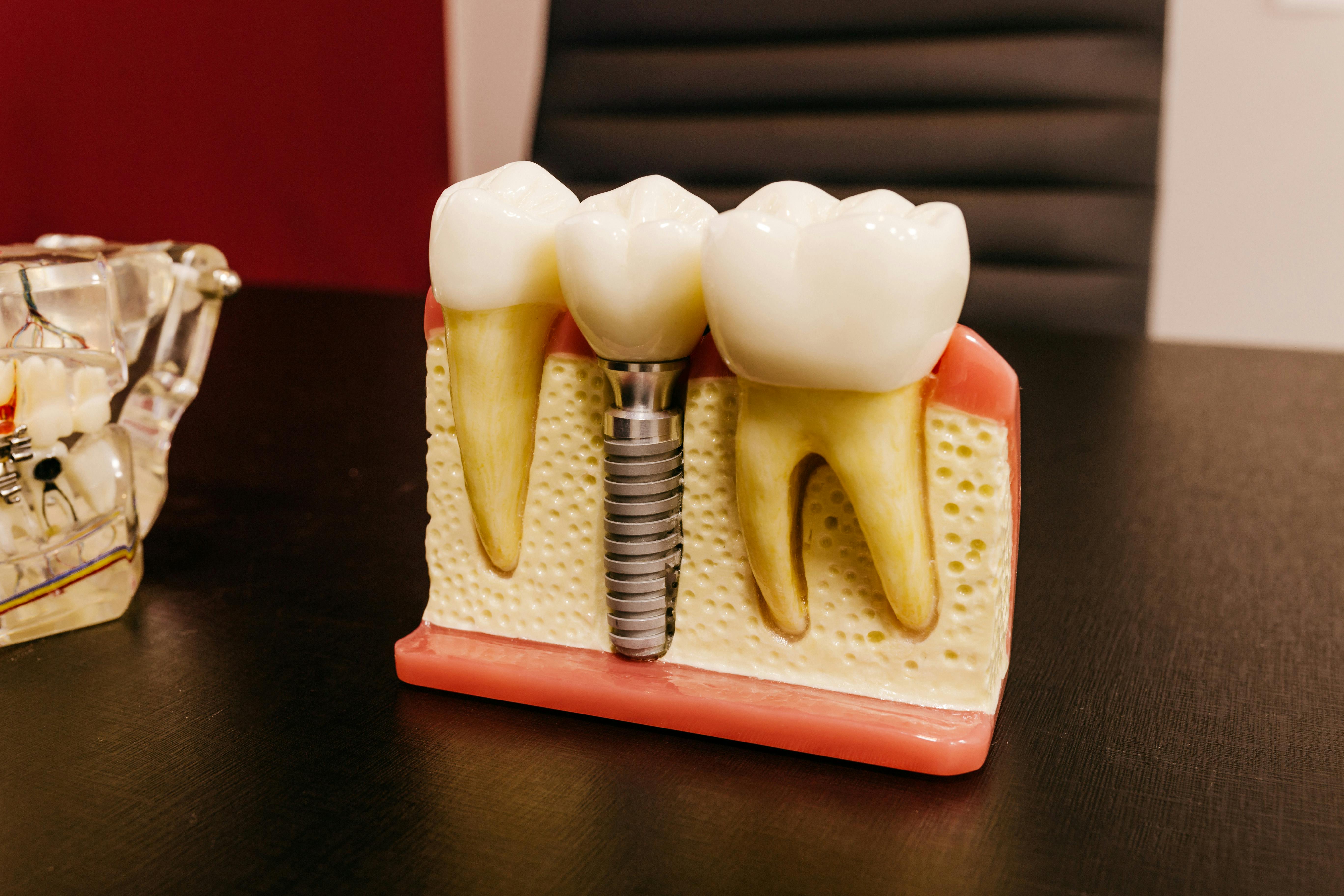Sugar free gum has become increasingly popular in recent years as an alternative to sugary gum. But is this type of gum good for your teeth? This article will explore the potential benefits and drawbacks of sugar free gum for oral health. We’ll look at the evidence for and against chewing sugar free gum, so that you can make an informed decision about what type of gum is best for your teeth.Yes, sugar-free gum can be good for your teeth. Chewing sugar-free gum after meals helps to reduce plaque and tooth decay by increasing saliva production, which helps to neutralize harmful acids in the mouth and wash away food particles. It also helps to remineralize weakened tooth enamel. Look for a sugar-free gum with the American Dental Association seal of approval to ensure that it has been proven to be safe and effective for oral health.
The Benefits of Chewing Sugar-Free Gum
Chewing sugar-free gum has a variety of benefits. From aiding in oral hygiene to helping with weight loss, there are many advantages to chewing sugar-free gum. It can even help reduce stress levels and make people more alert. Here are some of the benefits of chewing sugar-free gum:
Oral Hygiene: Chewing sugar-free gum helps stimulate saliva production, which helps to neutralize acids produced by plaque bacteria and reduce cavities. Saliva also helps wash away food particles that are stuck between teeth and on the surface of teeth.
Weight Loss: Chewing sugar-free gum can help you lose weight as it reduces hunger cravings and snacks between meals. The act of chewing also burns calories, making it an effective way to help with weight loss.
Stress Reduction: Chewing sugar-free gum can be a great way to reduce stress levels. The act of chewing can help people focus on something else instead of the stressful situation they may be facing.
Alertness: Sugary snacks can make a person feel drowsy, but chewing sugar-free gum can actually increase alertness and focus. This is because when we chew, our brains release dopamine which helps us stay focused and alert.
Overall, there are many benefits to chewing sugar-free gum. From improved oral hygiene to increased alertness, there are plenty of reasons why you should consider adding it into your daily routine!
How Sugar-Free Gum Helps Protect Teeth
Chewing sugar-free gum after meals and snacks is a great way to help protect your teeth. Studies have shown that chewing sugar-free gum increases saliva flow, which helps reduce plaque buildup and tooth decay. Saliva also helps neutralize the acid produced by bacteria that can cause cavities. Chewing sugar-free gum also helps clean the surfaces of your teeth, removing food particles and reducing the amount of time food is in contact with your teeth.
Sugar-free gum containing the natural sweetener xylitol has been shown to be particularly helpful in preventing cavities. Xylitol inhibits the growth of bacteria that can cause cavities and helps reduce plaque accumulation on teeth. It also helps to remineralize tooth enamel, increasing its resistance to acid attack from plaque bacteria.
Chewing sugar free gum is not a substitute for brushing and flossing, but it can be an important part of an overall dental hygiene routine. Make sure to look for gums that have been approved by the American Dental Association (ADA). This means that they are safe to use and have been proven effective in helping reduce plaque accumulation on teeth.
Chewing sugar free gum after meals and snacks is a great way to help protect your teeth from cavities and other dental problems. Make sure you look for gums that are ADA approved so you know they are safe to use and effective in fighting plaque buildup on your teeth!
Types of Sugar-Free Gums
Sugar-free gums are becoming increasingly popular due to their health benefits and taste. There are several types of sugar-free gum available on the market, each with their own unique flavor and texture. The most common type of sugar-free gum is made from xylitol, a sugar alcohol that has no calories and does not promote tooth decay like regular sugar does. Xylitol-based gums are available in a variety of flavors such as mint, bubblegum, and fruit. Another type of sugar-free gum is made from sorbitol, an artificial sweetener that is often used in diet foods and beverages. Sorbitol-based gums are usually a bit softer than xylitol gums and come in flavors like spearmint, wintergreen, and tropical fruit.
In addition to traditional sugar-free gum, there are also functional gums that have added ingredients such as vitamins or minerals. These types of gums can help to improve oral health by providing additional nutrients for the teeth and gums. Some functional gums contain probiotics that help to maintain a healthy balance of bacteria in the mouth. Other functional gums may contain fluoride or calcium which can help to strengthen enamel.
Finally, there are also sugarless chewing gums available that contain natural sweeteners such as stevia or monk fruit extract instead of artificial sweeteners like sorbitol or xylitol. These types of sugarless chewing gums provide a more natural flavor without any added chemicals or preservatives. Natural sweeteners can also provide some additional health benefits compared to artificial sweeteners since they don’t raise blood glucose levels like regular sugar does.
What is Xylitol?
Xylitol is a natural sugar alcohol that has been used as a sweetener for many years. It is found in fruits, vegetables, and even in some types of fiber. Xylitol is also present in the human body in small amounts. It has a sweetness similar to table sugar, but with fewer calories and a lower glycemic index. It does not cause tooth decay like other sugars do and can actually help reduce the risk of cavities.
How Does Xylitol Help Teeth?
Xylitol helps prevent cavities by reducing the amount of acid produced by bacteria in the mouth. This acid can cause tooth enamel to erode and lead to tooth decay. Xylitol also binds to minerals such as calcium and phosphate, which can help strengthen teeth and prevent cavities. Studies have shown that regular use of xylitol can reduce the risk of tooth decay by up to 40%. Additionally, because it is low calorie and low glycemic, it may even help with weight loss if consumed regularly.

Risks of Chewing Sugar-Free Gum
Chewing sugar-free gum is generally considered safe, but there are some risks associated with this habit. One risk is the potential for tooth decay. Sugar-free gum contains artificial sweeteners, which can be broken down by bacteria in the mouth and lead to the formation of plaque, an acidic substance that can lead to tooth decay. Additionally, sugar-free gum may contain sugar alcohols such as sorbitol or mannitol, which can also contribute to plaque formation and tooth decay if consumed in large quantities.
Another risk associated with chewing sugar-free gum is that it may cause digestive problems. Sugar alcohols are not completely absorbed by the body, so they can cause bloating and gas if eaten in large amounts. Additionally, some artificial sweeteners used in sugar-free gum have been linked to gastrointestinal distress in some people.
Finally, there are concerns about the potential health effects of long-term use of artificial sweeteners found in many sugar-free gums. While research on this topic is still ongoing, some studies have suggested a link between these sweeteners and an increased risk of cancer or other health issues. For this reason, it is important to limit your consumption of sugar-free gum and speak with your doctor if you have any concerns about its potential health effects.
Should Kids Chew Sugar-Free Gum?
Chewing sugar-free gum can be beneficial for kids, as it can help them to maintain good dental hygiene. It can also help to reduce tooth decay and cavities, as it helps to stimulate saliva production, which helps to neutralize the acids in the mouth that can cause decay. Additionally, chewing sugar-free gum can help to reduce plaque buildup on teeth, which is another important factor in preventing cavities and other dental issues.
When it comes to choosing a sugar-free gum for kids, parents should opt for one that contains xylitol, as this is a natural sweetener that has been shown to help protect teeth from decay. Also, it is important to ensure that the gum does not contain any artificial sweeteners or other types of sugars that could be harmful for teeth.
It is also important for parents to ensure that their kids are not overdoing it with their gum chewing habit. Too much gum chewing can lead to jaw pain and headaches, so it is best for kids to only chew sugar-free gum in moderation. Additionally, if kids are going to chew sugar-free gum, they should make sure they are drinking plenty of water throughout the day in order to prevent dry mouth and other dental issues.
In conclusion, there are many benefits associated with chewing sugar-free gum for kids; however, parents should make sure that their children are only chewing in moderation and choosing a product with natural sweeteners like xylitol. Additionally, they should be sure that their children are drinking plenty of water throughout the day in order to keep their mouths healthy and free from cavities and other dental issues.
How Long Should You Chew Suger-Free Gum For?
Chewing sugar-free gum is a great way to freshen your breath and reduce the risk of tooth decay. However, it is important to know how long you should be chewing sugar-free gum for in order to get the maximum benefits. As a general rule of thumb, it is recommended that you chew sugar-free gum for at least five minutes in order to reap the most benefits from it.
Chewing sugar-free gum for longer periods of time can also help reduce hunger cravings and promote weight loss. Studies have shown that chewing gum for up to 30 minutes after a meal can help reduce hunger levels and promote weight loss. This is due to the fact that chewing gum increases saliva production, which helps break down food particles more quickly and aids in digestion.
Chewing sugar-free gum can also help reduce stress levels and improve focus. Research suggests that chewing gum can help increase blood flow to the brain, which can help improve focus and alertness. Chewing gum has also been found to reduce cortisol levels, a hormone associated with stress levels. It is recommended that you chew sugar-free gum for at least 10 minutes when feeling stressed or overwhelmed in order to experience its calming effects.
In addition, chewing sugar-free gum has been found to have numerous oral health benefits such as reducing plaque build-up, reducing tooth decay, and promoting fresh breath. It is important to note however that these benefits are only seen when chewing sugar-free gum for at least five minutes each time.
Overall, it is recommended that you chew sugar-free gum for at least five minutes each time in order to get the maximum benefits from it such as reduced hunger cravings, improved focus and alertness, reduced stress levels, and improved oral health. Longer periods of chewing (up to 30 minutes) may also be beneficial in certain cases such as after meals or when feeling stressed or overwhelmed.

Conclusion
Chewing sugar-free gum can offer some protection against tooth decay and help improve your overall oral health. In addition to reducing the risk of cavities, it can help reduce plaque buildup, freshen breath, and increase saliva production. However, it is important to remember that sugar-free gum is not a substitute for brushing and flossing. While it may help reduce the risk of tooth decay and other oral hygiene problems, it cannot replace regular dental care.
If you are considering chewing sugar-free gum on a regular basis, be sure to talk to your dentist first to make sure that it is safe for your teeth. With proper care and regular dental visits, sugar-free gum can be an effective way to protect your teeth from cavities and other dental issues.
